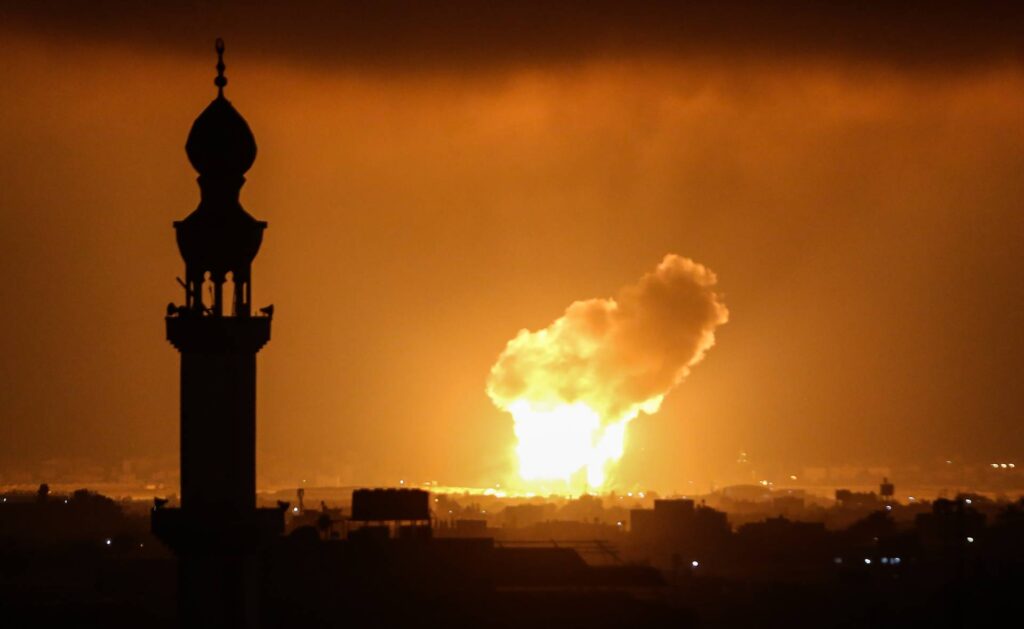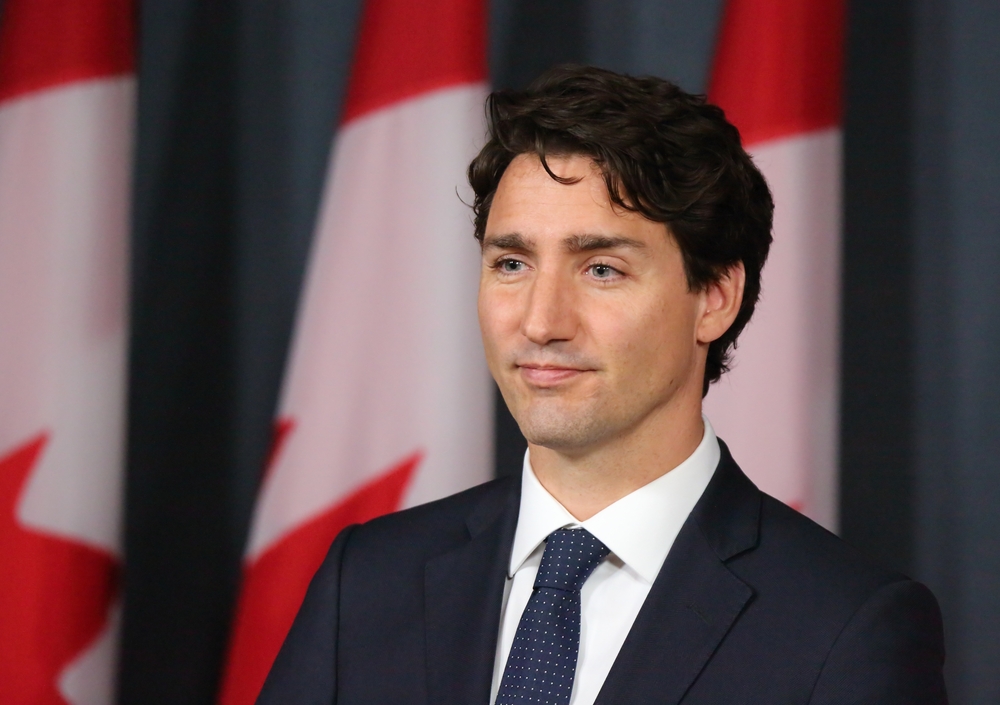There’s a North Americanism: “That’s history.” It’s a dismissive term, as though history no longer matters. “That was then, this is now.” And “then” has no relation to “now.” This expression implies that “then” is not the cause of “now” and played no part in leading to “now.” Thus, “then” can be ignored.
North Americans in general are famous for focusing on the now. It’s very understandable. Throwing off of the yoke of history and the past in order to build, unburdened, something new and different and hopefully more equal is the whole premise of the New World. The present-centered perspective — with no regard for what came before — is liberating. There is no stigma attached to past love affairs or failed businesses. A fresh start: tabula rasa. It’s an idea that has attracted and inspired millions of immigrants.
On the other hand, in their focus on the present, they tend to see only a snapshot, not the full story — and they mistake that snapshot for the full narrative. When something happens in the news, they are quick to feel that they understand, and they are quick to condemn.
The tabula rasa effect
Let’s say we only caught the last few minutes of the movie True Grit, where John Wayne has the reins of his galloping horse clenched between his teeth and is shooting with two rifles. We would think he was a crazy old dude and pretty nasty for doing all that shooting and killing. If we saw only the last few minutes of Breakfast At Tiffany’s, we’d think it’s a light rom-com and Audrey Hepburn and George Peppard must be obsessive cat-lovers to be standing in the pouring rain and hugging a cat between them. If we only saw the last few minutes of The Godfather, where Michael Corleone swears to Kate that he absolutely did not kill Connie’s husband, we’d think he’s a sound, straightforward businessman surrounded by loyal colleagues. To get the full story, we need to see the whole movie, not just the stills.
Similarly, if all we saw was American news channels, we would wonder how this horrific Hamas terrorist group emerged out of nowhere to surprisingly, arbitrarily and viciously kill innocent Israelis. And if all we heard was Canadian politicians, we would wonder how India dared to suddenly enter Canada and kill an innocent Canadian plumber for no reason. And if all we heard was Western media, we would wonder why on Earth Russia would invade Ukraine unprovoked and whether the Russian PM Putin was unhinged.
North Americans ignore history by seeing only the most recent minutes of the movie. They see only Hamas’ attack on Israel on October 7, 2023, and consequently unconditionally support Israel against Palestine. They conveniently forget that Palestinians have been dispossessed and oppressed for over 75 years, and that for every one Israeli killed, some 20 Palestinians have been killed.
They see only Russia’s invasion of Ukraine two years ago, and boundlessly support Ukraine, presenting Russia as evil. They forget their 1990s understanding with Russia not to expand NATO beyond its then borders. They also hypocritically forget their own invasions of Vietnam, Iraq and Afghanistan. They only see foreign interference in recent US elections and are outraged, but not US interference in the elections and politics of many foreign countries over the decades.
The complex enlightenment in a backstory
Let’s focus for a moment on Canada. The recent allegation by Canadian Prime Minister Justin Trudeau that India assassinated a Sikh man in Vancouver continues to cause divisions and hamper Canada-India relations. Most Canadians live in the now and give little importance to history. All they see is a man shot near Vancouver and their PM pointing his finger at India; that is the beginning and end of their story. Many Canadians don’t know that this act — like most acts — has a significant backstory.
There are various reasons for not knowing the history of an event. One such reason is not considering that something could even have a backstory: ignorance. Another reason is knowing that there must be a backstory, but lazily not wanting to understand it. Another reason is knowing that there is a backstory, and perhaps even knowing what the backstory is, but purposefully not wanting to engage with it or acknowledge it in order to pursue a personal agenda.
However, engaging with the backstory can be powerful. Engaging with the history of an event has two opposing effects: It sheds more light, but it also muddies the waters. You no longer see situations as black and white. You no longer see people as bad guys and good guys. You no longer think you know all the answers or are morally superior. Instead, you see everything in shades of gray and you develop compassion for a broader swath of society. That’s history.
Backstories, real life and fictional, can be fascinating. In Double Indemnity, we find out how insurance agent Walter Neff comes to be slumped over his typewriter, dying. The hugely popular musical Wicked explains how the Wicked Witch of the West becomes who she is. Batman Begins and Joker lead us to an understanding of these two characters and how they became enemies. Nobody is born “bad” or “good.” Nobody is born a terrorist or a freedom fighter. We all evolve, often through a series of circumstances.
And the point is, even though we don’t know or care to remember the backstories and histories, other cultures and peoples and nations do. And they have noted the North American myopia and the holier-than-thou attitude and hypocrisy that often goes with it. As Singaporean Prime Minister Lee Hsien Loong said, “The world is a diverse place. Nobody has a monopoly on virtue or wisdom.” Or truth, or God.
We need to learn the world’s backstories and histories. And we need to remember that each group has its own valid backstory and history: Israelis as well as Palestinians; Ukrainians as well as Russians; Sikhs in Canada, Sikhs in India, Indians in general in India, as well as Canadians in Canada — even if they don’t know it. Knowing the world’s backstories and histories can guide our relations with other nations, temper our actions and thereby raise our credibility on the global stage.
The importance of knowing history
American historian David McCullough said, “History is who we are and why we are the way we are”. American novelist Pearl S. Buck said, “If you want to understand today, you have to search yesterday”. If we step back and take a view of even a hundred years, the reasons of others become more visible, their actions more understandable, and maybe even solutions to conflicts more possible.
Another American historian, Howard Zinn, said “If you don’t know history, it’s as if you were born yesterday. If you were born yesterday, then any leader can tell you anything.” Our not knowing history enables our politicians to believably state simple, strong, moralistic, myopic opinions — unmuddied by facts. Knowing history can reveal hypocrisy and enable us to make up our own minds on issues more wisely.
We North Americans are no longer the New World; we are growing up and getting older. It’s time to leave aside our simplistic, unburdened, short-sighted mentality and evolve to assume a complex, mature, long-sighted perspective. We cannot rely on the stills to understand the whole story; we must watch the whole movie. History — environmental, political, cultural, and personal — does matter. Learning it, understanding it, and respecting it will enable us to not only see the world in a more realistic light, but deal with our conflicts in a more constructive, compassionate, and equitable manner. Statesman and historian Winston Churchill said, “The farther backward you can look, the farther forward you are likely to see”.
[Bella Bible edited this piece.]
The views expressed in this article are the author’s own and do not necessarily reflect Fair Observer’s editorial policy.
The post Simplistic Condemnation Comes From an Ignorance of History appeared first on Fair Observer.
from World News - Independent, Nonprofit Media https://ift.tt/o59Yisr https://ift.tt/rCn3mKw






0 Comments
Online Latest Bangla News, Article - Sports, Crime, Entertainment, Business, Politics, Education, Opinion, Lifestyle, Photo, Video, Travel, National, World.
Emoji